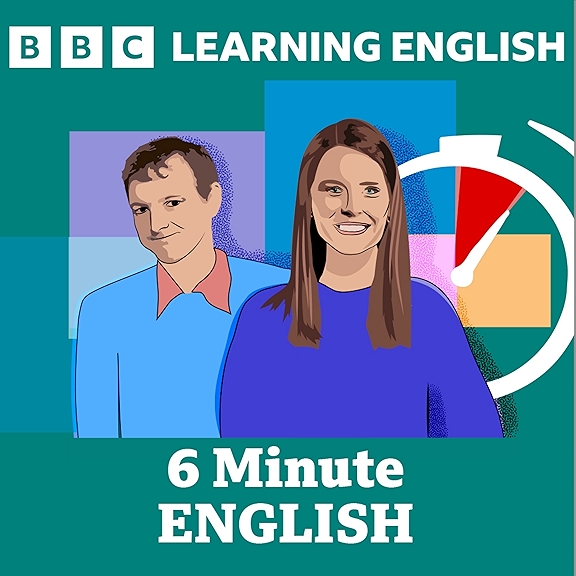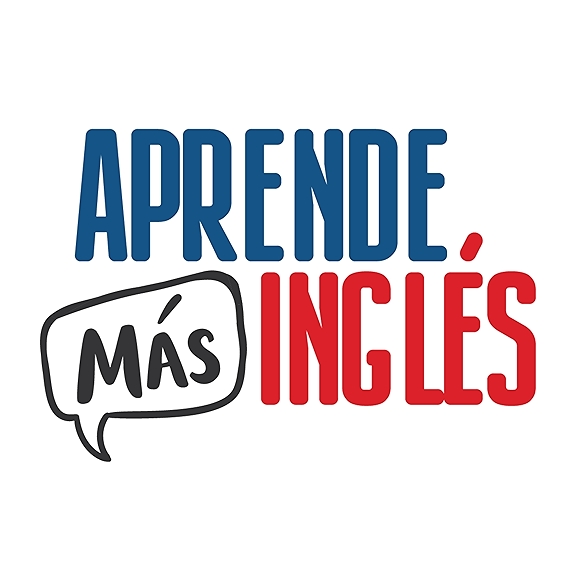
9. Teachers Preparing Students as Changemakers on Our Changing Planet
Teachers Preparing Students As Changemakers of Our Changing Planet
Lois shares a video created by the directors of Our Changing Planet, a professional development program that supports teachers' understanding of the environment in the San Francisco Bay Area in California. The video features the voices of teachers who have participated in Our Changing Planet and tell how it has impacted them in their personal and professional practice. Our Changing Plant is a project of IDEAL (Integrated Design for Education, the Arts and Leadership) that introduces teachers to artists and scientists currently working on environmental projects. The project provides the teachers with time to collaborate with artists, scientists and each other.
This is a cohort of 40 teachers who have been teaching and learning through arts integration, exploring the climate crisis across the whole curriculum for four years. The CHLL group had listened to an interview, prior to this episode, that Louise had with two of the founders and facilitators for the Our Changing Planet. Constance Moore and Trena Noval shared how this project honors teacher professionalism and experience, while opening their practice to new dimensions that map onto student interest and needs.
The past three years have just been so demoralizing for teachers who are expected to always do everything and educate everybody, and had to emergency learn zoom and teach online. But these teachers actually found their passion during the pandemic and relied on this professional development experience to keep them going - even as it required extra time and work on their parts. The facilitators of Our Changing Planet were surprised by the commitment and enthusiasm of teachers to continue the work during the pandemic lockdown when they were already online so much of the day. According to Constance and Trena, the teachers locked hands and said to themselves, “We are in a crisis. This work is about facing this crisis, and our climate crisis, together.” The facilitators met teachers exactly where they were at. They asked teachers who were sitting at their laptops, in their houses, to look out their windows and observe their environment. Whether it's the birds in the backyard, or the trees along the front street, teachers were encouraged to get curious. The opportunity to learn about what is in each teacher’s world, and to consider and situate learning around what's important to teachers and their students has been a foundational aspect of what has made this program successful.
Teachers are clear about the basic skills kids need to learn. By teaching literacy and math skills through the lens of researching the natural world around them, students are motivated to write more and practice more. When students are developing history and science knowledge in a concerted effort to understand present day problems in local communities, they engage more deeply. When the content is really important to the teachers and the students at the time, it becomes the driver to read, to write, and to apply knowledge in math, science and history. Teachers and students want to build their skills, because the content is of interest and relevance.
Relationships are Key to Learning
Heather
I was impressed that the topic of conversation and exploration was always connected to what teachers were interested in. The facilitators were not there to execute a curriculum that was designed as the guide for the teacher experience. Instead the facilitators paid close attention so that they could pivot to what teachers are interested in, and to what's going on in the world.
Lois
They also drew on scientists and artists, who are working on climate change in all sorts of amazing ways. Teachers watched videos of these experts talking about their work, and the teachers would watch and weep because it was so moving and poignant. And so moving.
Cally
This project is an important reminder that learning happens inside of relationships. Relationships are the key to any kind of learning. These teachers come together in a crisis. They teach on zoom all day and then they come to a zoom meeting at night just to be with their own colleagues to feel some inspiration, and to belong somewhere. It actually reduces their stress they're dealing with at the time instead of increasing it. They bond together. Then they take the information out to their students. It's created in relationship, therefore it's disseminated in relationship. Then the relationships grew, and someone knew somebody at Alcatraz island and ideas for the program got bigger. These incredible connections are built. Now the students are going on a field trip to Alcatraz to look at the birds that migrate there. I listened to them describe the authentic growth of the people who got involved. It grew from the ground up. That's one of the most important things in education is that we allow the human aspect of who people are and how they learn to emerge through relationships with natural connections and authentic learning, as opposed to here's a program and the system.
I think this is how all education should be, because it's people centered, and it's expressive. Every learner connects authentically. Every teacher connects authentically.
Lois
Many people are left with scripted curriculum, and it's done in the name of equity which is just amazing to me. In this project, they started out by talking to the students and asking what they think and know and feel about climate change. The kids had all sorts of ideas and questions. One of the big questions was, why aren't adults doing anything about this? They would share an idea and wonder why adults don’t do that? I think it was this beautiful amalgamation of relationships over a long period of time between the county office of education’s arts initiative, the leadership of these various districts, and teachers getting involved and involving their students. And anyway, it was a really nice coming together and our changing planet has really built on all of that. So Cally, I think you're exactly right. It's really fundamentally about relationships. Because otherwise, how does one gain entry? How do you progress if your principal is thinking you're supposed to be working on the standards and preparing for the high stakes tests in reading and math.
The teachers interact with each other and find resources for the students to interact with each other. When they spoke to the kids, they discovered climate change was on their minds.I think the notion that these kids are too little, or it's too scary, or it's too frightening is false. We need to talk more to kids, meet them where they are, and get them to be good observers. The center of inquiry is observing.
Discovering Connections to Grow Good Ideas
Louise
Our Changing Planet is spreading. The Alameda County Office of Education, serving 18 school districts, has contracted with IDEAL to do more professional development for more people. In California, there is a statewide Environmental Literacy Initiative that IDEAL is connecting with. It’s important to follow these relationships as well: from the city of Alameda, to 18 more school districts across Alameda County, to a statewide Environmental Education Initiative, to other projects that are happening all across the country. It's really person to person, talking about what matters. The teachers and the facilitators were so surprised to see how much climate change was already on children's minds. Of course! Children drive around in their parents cars, and they're hearing about extreme weather and reports on climate change on the news. They're looking out their windows and seeing flooding and scary weather and hearing adults talking about things. Our children need the chance to learn what climate change is about and that actually they can have a role. That's providing a sense of purpose and agency to not only the students, but the teachers as well.
Links and Resources Mentioned:
- Integrated Design for Education, the Arts and Leadership - IDEAL
- Our Changing Planet
- California Environmental Education Initiative
Follow Us:
Subscribe on apple, spotify, pandora, amazon, google




















